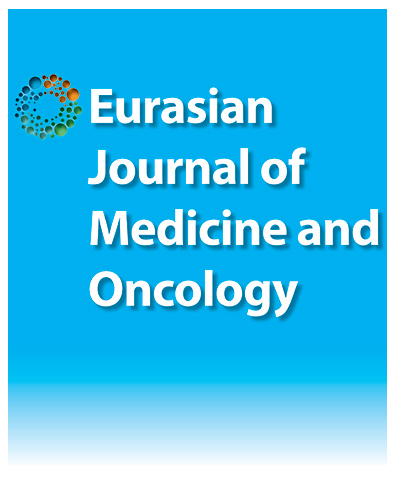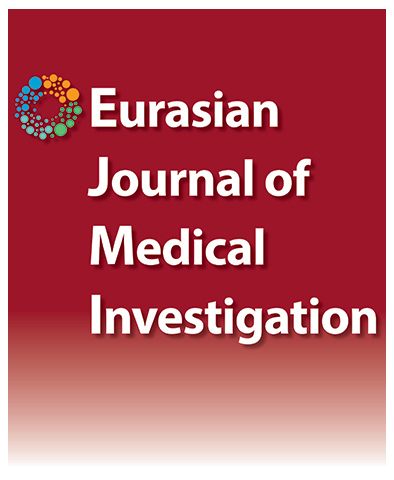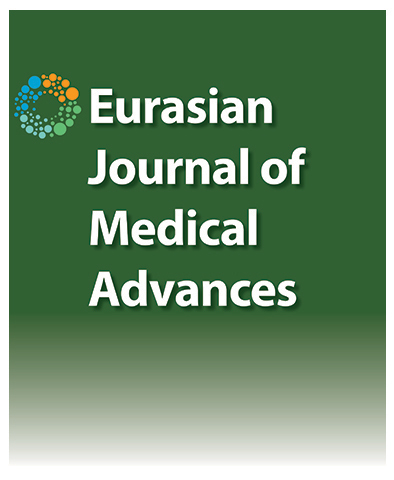Sexual Disorders in Breast Cancer Survivors
Bengü Mutlu SütcüoğluDepartment of Obstetrics and Gynecology, Lokman Hekim University, Ankara, TürkiyeBreast cancer survivors (BCS) often experience sexual desire, interest, arousal, orgasm, and genitopelvic pain. Sexual difficulties are underdiagnosed and undertreated in BCS, despite their prevalence. This study sought to look into the primary studies that intervene on sexual dysfunction in BCS. In the absence of RCTs, observational studies on vaginal therapies were included. Regular and prolonged use of vaginal moisturizers has been demonstrated to reduce vaginal dryness, dyspareunia, and sexual discontentment. Diverse aspects of sexual health were consistently improved by sexual dysfunction educational and counseling therapy. Physical activity, transdermal testosterone, and hot flash therapy did not consistently improve sexual health. Regarding vaginal lubricants, vibrators, dilators, pelvic floor therapy, flibanserin, and ospemifene, no BCS-specific information was available. The evidence quality for these studies varied between high and poor. Due to the low efficacy of each of the treatments with BCS data, clinical studies are necessary to investigate new approaches in order to provide evidence-based therapy recommendations and improve sexual function in BCS.
Keywords: Breast cancer, chemotheraphy, hormonotheraphy, menopause, sexual dysfunctionCorresponding Author: Bengü Mutlu Sütcüoğlu, Türkiye
Manuscript Language: English






